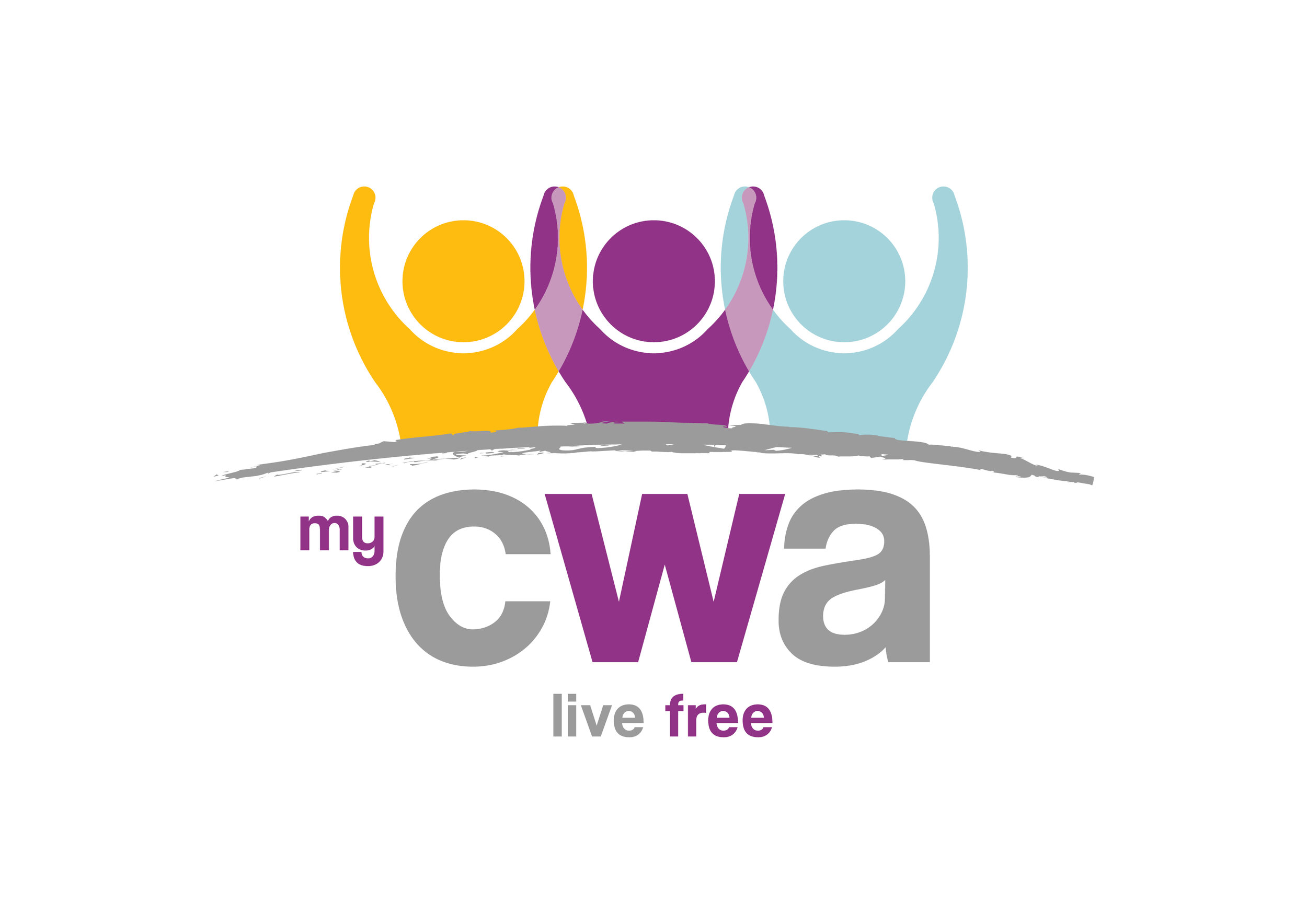OUT NOW: healthy relationships booklet
Healthy relationships and keeping happy at home
We’re delighted to announce the publication of our new booklet: Healthy relationships & keeping happy at home.
Our healthy relationships work
Our experience over many years of working with domestic abuse survivors tells us that – for children and young people who grew up in a household where harmful behaviours happened frequently – it can be difficult for them to spot the warning signs for unhealthy behaviours within their own relationships.
Through our healthy relationships work, we help young people think about their relationships with other people. This could be their parents, immediate family, extended family – or their classmates, close friends and romantic partners.
Why healthy relationships work is important
If you grew up in a household where shouting, arguments, aggression or violence were commonplace, you might find it difficult to tell the difference between healthy and unhealthy or abusive relationships. You might feel as though harmful behaviours are part-and-parcel of all relationships.
If the harmful behaviour has never been physical – perhaps you experienced emotional abuse or verbal abuse (either directly or indirectly) – then you might find it even harder to recognise that it was ever harmful in the first place.
It’s really important for children and young people to know the difference between healthy, unhealthy and abusive behaviours within their relationships.
It’s important that young people know they can set boundaries for what is and isn’t acceptable to them. And it’s important that they know what to do if someone over-steps their boundaries.
Inside our healthy relationships booklet
Our healthy relationships & keeping happy at home booklet is for children and young people who want to think about what relationships mean to them.
If you’re a professional working with children and young people, it’s a great resource to have in your professional toolkit. It addresses issues such as…
What are relationships?
The relationship spectrum – from healthy to abusive
Are all disagreements unhealthy? How people treat me
Forming healthy relationships
Dealing with unhealthy relationships
Dealing with parents or caregivers who disagree
What to do when parents or caregivers are having a disagreement
Talking to your parents or caregivers about their disagreement
Links to extra help & support
Click on the image below to download our healthy relationships booklet:


